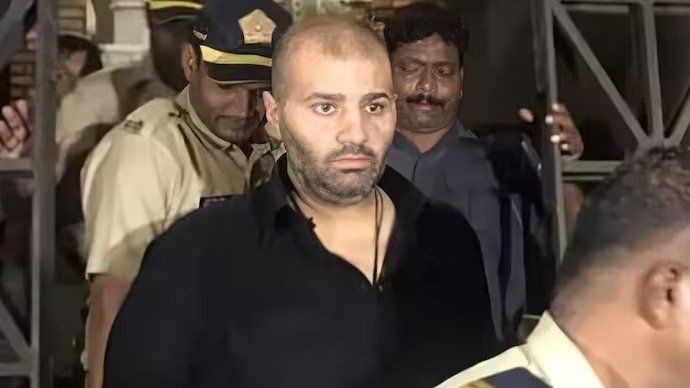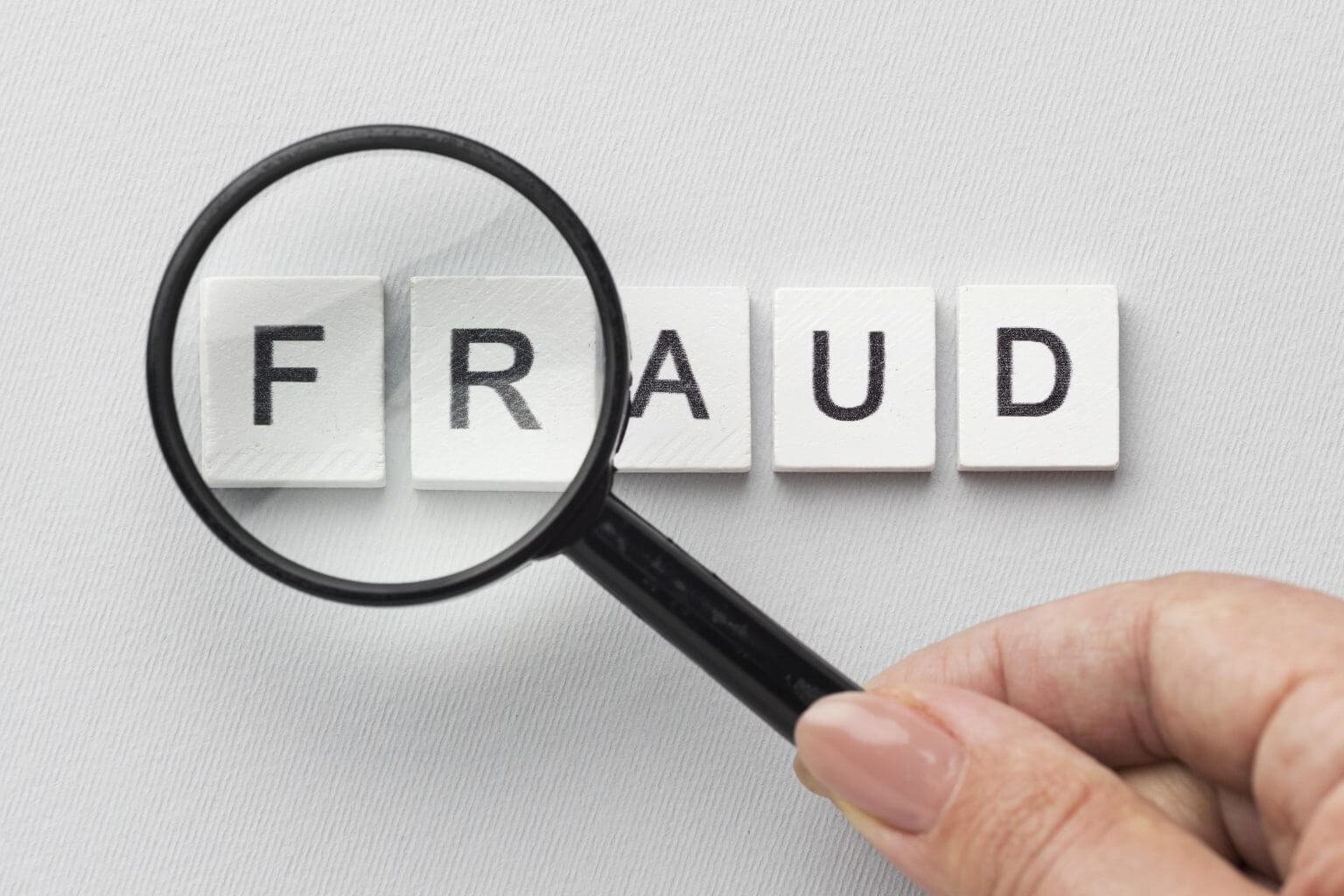Summary
The recent arrest of Dheeraj Wadhawan in connection with the Rs 34,000 crore DHFL scam has drawn attention to allegations of fraudulent lending practices and misappropriation of funds within the Dewan Housing Finance Corporation Limited. As a former promoter of DHFL, Wadhawan’s arrest highlights the intricate web of transactions under scrutiny. While specific details surrounding the arrest remain unclear, the broader implications of the scam extend to investors and financial markets, casting doubt on the integrity of India’s financial system. As legal proceedings unfold, there is a growing call for accountability and reform to restore trust and transparency in corporate governance practices.
Unraveling the DHFL Scam: The Arrest of Dheeraj Wadhawan
In a development that has sent shockwaves through India’s financial sector, Dheeraj Wadhawan, a key figure in the Rs 34,000 crore Dewan Housing Finance Limited (DHFL) scam, has been apprehended by authorities. The arrest comes amid ongoing investigations into one of the largest financial frauds in the country’s history, raising questions about Wadhawan’s alleged involvement and the broader implications of the scandal.
The DHFL Scam Unveiled
The DHFL scam, which first came to light in 2019, rocked the Indian financial landscape with revelations of widespread financial irregularities and fraudulent activities within the housing finance company. Investigators uncovered a complex web of dubious transactions, inflated assets, and falsified documents, painting a grim picture of corporate malfeasance on an unprecedented scale.
Key Player: Dheeraj Wadhawan
At the center of the controversy is Dheeraj Wadhawan, a prominent figure in the DHFL saga and a member of the Wadhawan family, which controlled the troubled financial institution. Wadhawan’s arrest marks a significant development in the ongoing probe, signaling authorities’ determination to hold those responsible for the scam to account.
Allegations of Wrongdoing
Authorities have leveled serious allegations against Wadhawan, accusing him of orchestrating a scheme to siphon off billions of rupees from DHFL through illicit means. The arrest underscores the gravity of the charges, which include financial fraud, money laundering, and conspiracy to defraud investors and creditors.
Legal Ramifications and Accountability
As legal proceedings against Wadhawan unfold, the case is likely to shed light on the intricacies of the DHFL scam and the extent of Wadhawan’s involvement. With billions of rupees at stake and countless investors left in the lurch, the outcome of the trial holds immense significance for the pursuit of justice and accountability in India’s financial sector.
Impact on Investors and the Economy
The fallout from the DHFL scam has reverberated across India’s financial markets, eroding investor confidence and prompting calls for greater regulatory oversight. The scam’s staggering scale has underscored the need for robust mechanisms to detect and prevent financial fraud, safeguarding the interests of investors and preserving the integrity of the economy.
Calls for Reform and Transparency
In the wake of the DHFL scandal, there have been renewed calls for reforms aimed at bolstering transparency and accountability in India’s corporate governance framework. Stakeholders across the board, from regulators and policymakers to industry leaders and civil society, are advocating for measures to strengthen regulatory enforcement, enhance transparency, and curb corporate malpractice.
Looking Ahead: Navigating the Road to Recovery
As India grapples with the fallout from the DHFL scam and works to rebuild trust in its financial institutions, the road to recovery will be fraught with challenges. However, by holding accountable those responsible for wrongdoing, implementing meaningful reforms, and fostering a culture of transparency and integrity, India can emerge stronger and more resilient in the face of future financial crises.
Conclusion: A Cautionary Tale
The arrest of Dheeraj Wadhawan in the DHFL scam serves as a sobering reminder of the dangers posed by corporate malfeasance and financial fraud. As India strives to uphold the highest standards of corporate governance and accountability, the lessons learned from this scandal will shape the country’s approach to regulating its financial markets and protecting the interests of investors for years to come.
Last Updated on May 16, 2024 11:00 am by Admin




